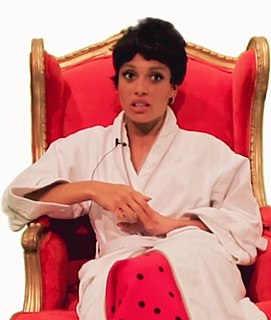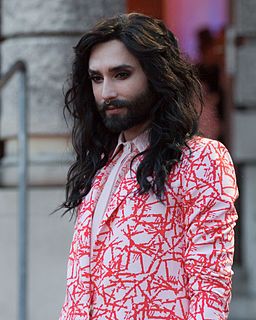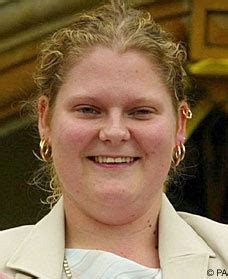A Quote by Lorna Simpson
I focus on details, either of the body, or of objects that represent gender, sexuality, and other themes.
Related Quotes
How can our industry better represent the reality of our larger community and provide our next generation a proper example of what they see around them every single day? This representation should also look beyond race and include those of all body types, religion, sexuality, and gender identification.
The United States are such a large place. And there are some states and some cities where the questions of gender or sexuality would not be asked, or where scholars or academics are working in small little corners of the universities trying to raise these questions and being told that either that they're strange or not appropriate or being actively opposed. There are other places where there is very active scholarship going on. Certainly on gender.







































